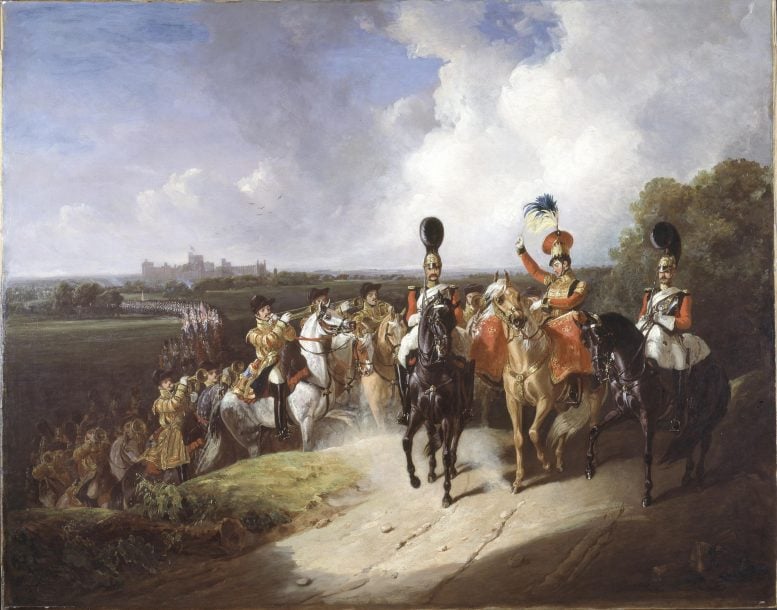
Rediscovering the Roots of Britain’s Brass Band Legacy
When most people think of British brass bands, they often envision hardworking miners or factory workers from the industrial heartlands of northern England and Wales. Yet, a surprising historical revelation has challenged this assumption, tracing the origins of these iconic musical ensembles to an unexpected source—the Napoleonic Wars.
The Unexpected Origins of Britain’s Brass Bands
Historian Professor Alison Garnham has uncovered that the earliest brass bands in Britain were not the spontaneous creations of the industrial working class in the 1830s, as commonly believed. Instead, these brass bands were established by military musicians returning home from the Napoleonic Wars in the early 1800s. This groundbreaking research sheds new light on the true beginnings of this quintessentially British musical tradition.
The Role of Napoleonic War Veterans in Shaping Brass Bands
Professor Garnham’s research, based on extensive archival work, reveals that many Napoleonic War veterans—skilled musicians who had played in military bands—brought their expertise and instruments back to their local communities after the war. These veterans, accustomed to performing with brass and woodwind instruments in regimental bands, formed new civilian bands as they reintegrated into civilian life.
Challenging the Conventional Narrative
For decades, it has been widely assumed that the brass band movement emerged organically from the working-class communities in northern England and Wales. However, Garnham’s findings show that the true origins of these ensembles lie in the military bands of the Napoleonic era. This discovery not only changes our understanding of brass band history but also underscores the influence of military musicians in shaping early 19th-century British culture.
The Impact of Military Bands on Early Brass Music
During the Napoleonic Wars, regimental bands played a significant role in boosting the morale of soldiers and maintaining discipline within the ranks. These bands, often consisting of brass and woodwind instruments, were essential for both military operations and the emotional well-being of the troops. As the war ended, many musicians sought to continue their passion for music by forming civilian brass bands, thus laying the foundation for the tradition that would later flourish across Britain.
Cultural and Musical Implications
The discovery of the military roots of Britain’s brass bands offers valuable insights into the cultural and social landscape of the early 19th century. It highlights the significant role that returning soldiers played in shaping local musical traditions, enriching community life, and fostering social cohesion. By recognizing the military origins of these ensembles, we can appreciate the historical significance of brass bands beyond their association with industrialization.
Celebrating the Power of Music and Rediscovery
The history of Britain’s brass bands serves as a reminder of the power of music to unite people, especially in the aftermath of conflict. As we continue to celebrate and explore this rich cultural heritage, we must remember that the story of these beloved ensembles is far more complex and multifaceted than we once believed. Thanks to scholars like Professor Garnham, the rediscovery of hidden histories continues to shed new light on the past.
Originally published on SciTech Daily.
